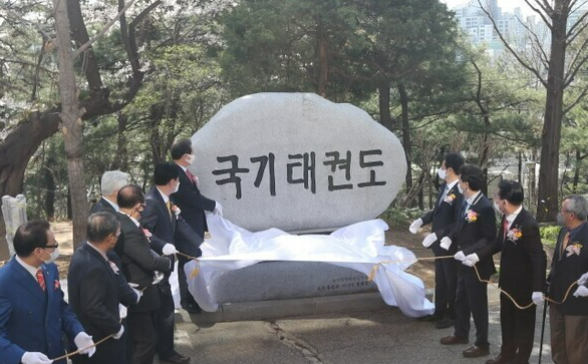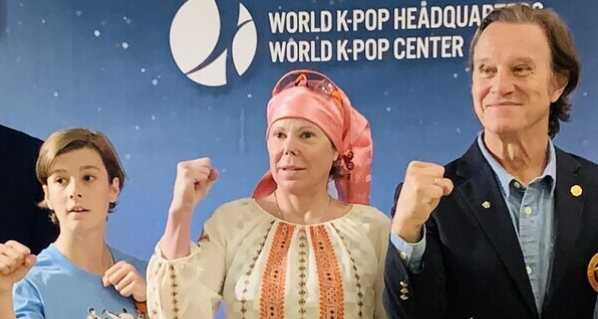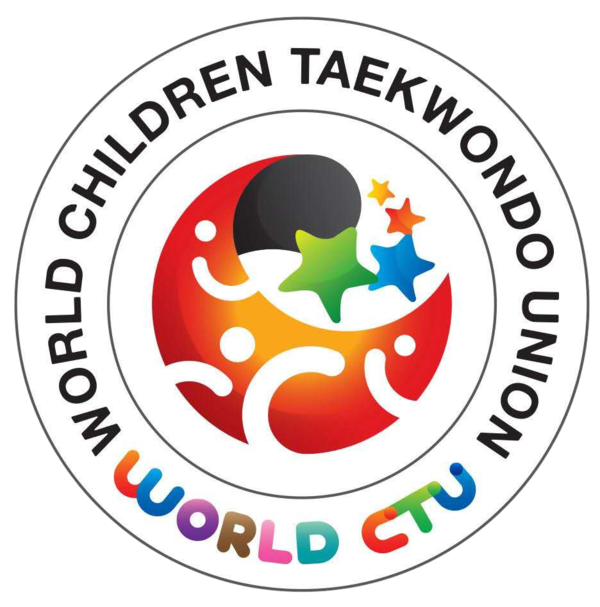
As Jeonbuk Special Self-Governing Province—the symbolic home of Taekwondo—and other local governments across South Korea are calling for the joint inscription of Taekwondo by both South and North Korea as UNESCO Intangible Cultural Heritage of Humanity, the Chungcheongbuk-do Taekwondo Association (President Song Seok-jung) recently unanimously adopted a resolution urging this joint effort during its third board meeting held in Cheongju.
Previously, Jeonbuk Province had pointed out that North Korea unilaterally applied for UNESCO listing of Taekwondo under the name “Traditional Martial Art Taekwondo of the Democratic People’s Republic of Korea.” In response, Jeonbuk issued a resolution emphasizing that South Korea should also submit an application and then negotiate a joint inscription with the North under UNESCO.
In its resolution, Jeonbuk Province stated:
“Just like Ssireum (traditional Korean wrestling), which was jointly inscribed, the same process is required for Taekwondo. The ‘Korea Taekwondo UNESCO Promotion Team,’ which has been working for four years toward UNESCO listing, strongly urges Jeonbuk Province and the National Heritage Administration to take responsibility and actively support and cooperate in this effort.”
The origin of the movement for a joint UNESCO inscription of Taekwondo dates back to the end of 2017. The late Park Soo-nam, former president of the World Children’s Taekwondo Union—who passed away unexpectedly last year at the age of 77—was the first to raise and propose the need for South-North joint inscription, inspired by the historical precedent of Ssireum being jointly inscribed as intangible cultural heritage.
Living in Germany at the time and regarded as a “living legend” in the global Taekwondo community—holding titles such as Honorary Lifetime President of the European Taekwondo Union—Park Soo-nam consistently emphasized that Taekwondo’s joint UNESCO inscription could serve as a powerful tool for inter-Korean reconciliation. He highlighted the crisis facing “National Sport Taekwondo” in its country of origin, and South Korea’s lack of international sports diplomacy as major concerns.
At the time, South Korea only had a single athlete representative on the International Olympic Committee (IOC), which limited its influence in the international sports arena. Furthermore, Chang Ung, the then-IOC member and former president of the North Korea-affiliated International Taekwondo Federation (ITF)—often seen as the pro-North counterpart in the broader Taekwondo world—was set to step down in 2018, increasing the urgency of restarting Taekwondo-driven inter-Korean cooperation.
It was also a strategic move based on the fact that the newly appointed ITF President Lee Yong-sun, known to have close ties with North Korean leader Kim Jong-un, was showing active support for inter-Korean exchanges. Even under former President Chang Ung, inter-Korean Taekwondo exchanges had progressed slowly due to North Korea’s internal sensitivities. However, at the time, many noted that “North Korea’s Taekwondo community had never been this cooperative toward inter-Korean engagement.”

In 2023, the World Children’s Taekwondo Union, under its official name, invited Princess Kalina of Bulgaria to the World K-Pop Center on Namsan in Seoul, where she was appointed as an “Honorary President.” The appointment ceremony was attended by Princess Kalina, her husband Kitín Muñoz, their son Prince Simeon Hassan Muñoz, as well as the late President Park Soo-nam and numerous figures from both the domestic and international Taekwondo community.
Kitín Muñoz, Princess Kalina’s husband, is a current UNESCO Goodwill Ambassador, having served in that role since 1997. Princess Kalina is the only daughter of former Bulgarian King Simeon II and married Ambassador Muñoz in 2002. She is considered a key figure in “friendly diplomacy,” with potential influence in the UNESCO inscription of Taekwondo as an Intangible Cultural Heritage.
The torch has since been passed to the private sector. A notable group leading the charge is the Korea Taekwondo UNESCO Promotion Team (led by Director Choi Jae-choon). Executive Advisor Rhee Sang-gi (a board member of the Taekwondo Promotion Foundation) stated, “In honor of the late President Park Soo-nam’s wishes, Taekwondo practitioners nationwide—as well as civic groups, local governments, and the central government—are being encouraged to participate and show interest.” He added, “We will work to lay a meaningful foundation for the joint inscription with North Korea within the year.”

Adding to the optimism is the fact that Taekwondo has already been designated as a regional Intangible Cultural Heritage by Jeonbuk Province. For national designation as an Intangible Cultural Heritage, an evaluation of cultural value is first conducted. New items undergo expert assessments and review by the Intangible Cultural Heritage Committee before being officially recognized. National designation is an important prerequisite for UNESCO inscription. Fortunately, Taekwondo was already designated as a regional intangible cultural asset in Jeonbuk in 2016.
In this context, on August 8, the Jeonbuk Special Self-Governing Provincial Government will host a “Kick-off Briefing for the UNESCO Taekwondo Intangible Heritage Application Drafting Project.” Jeonbuk Province, along with Kukkiwon (World Taekwondo Headquarters) and the Taekwondo Promotion Foundation, is jointly overseeing this drafting project. The briefing will be attended by around 20 participants, including members of the Korea Taekwondo UNESCO Promotion Team, representatives from the Ministry of Culture, Sports and Tourism’s Sports Heritage Division, and members of the Jeonbuk Provincial Council, to share the drafting plan and gather input.
Several international sports diplomacy experts have noted:
“Taekwondo is not only designated as South Korea’s national martial art, but has grown from its roots in Korea to a global martial art practiced in 213 countries. If both pillars of Taekwondo—South Korea’s WTF (World Taekwondo Federation) and North Korea’s ITF (International Taekwondo Federation)—collaborate equally, it would not only elevate Taekwondo’s global cultural value but also serve as a powerful civilian channel for inter-Korean exchange, effectively achieving ‘two goals at once.’”
editor in chief Jay Yoo_ seeyou@nvp.co.kr / kedsports@gmail.com

